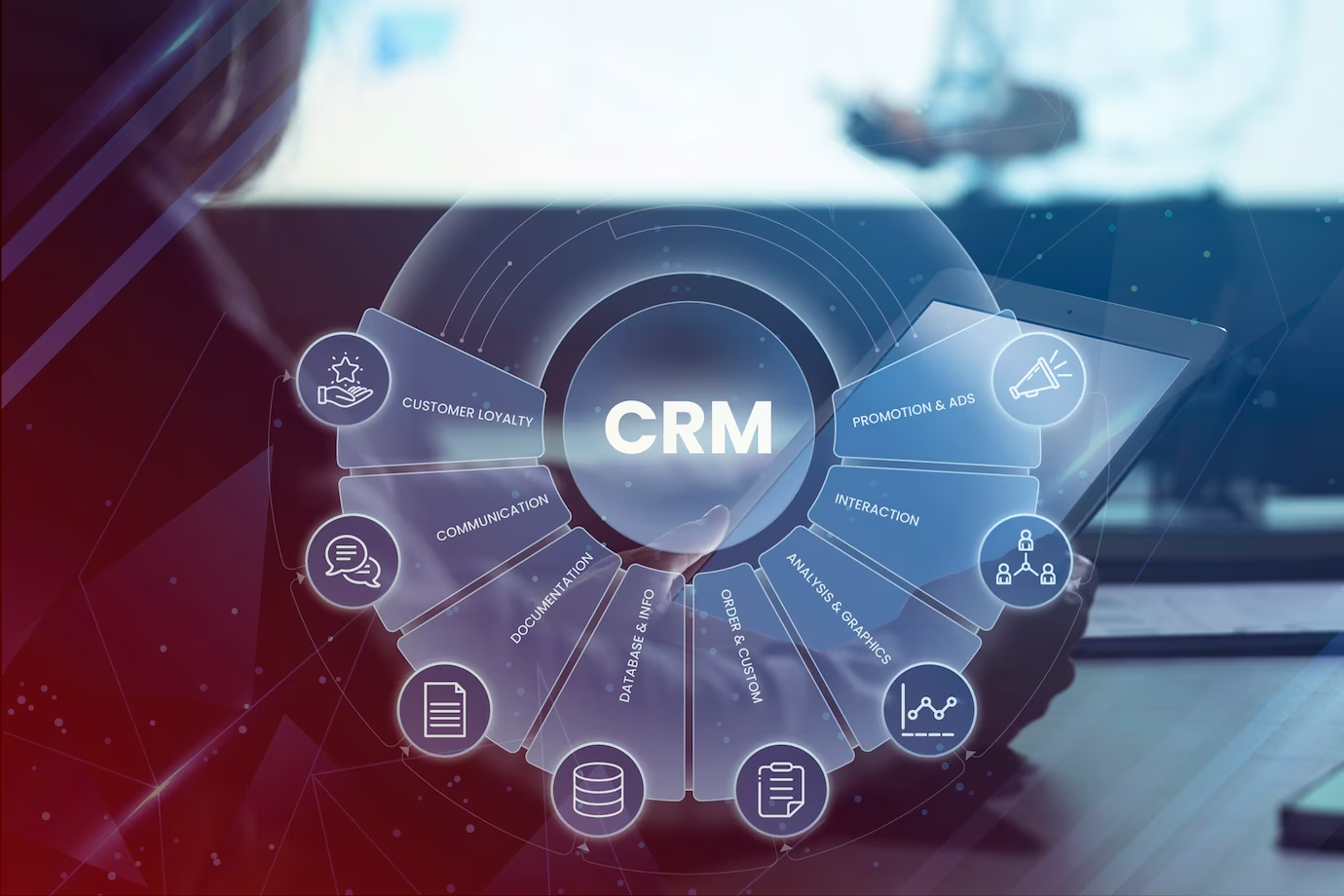Boost Your Law Firm's Efficiency with Cutting-Edge CRM Software

In today's fast-paced legal landscape, law firms are constantly seeking ways to enhance efficiency, streamline operations, and improve client satisfaction. One of the most effective tools for achieving these goals is Customer Relationship Management (CRM) software tailored specifically for law firms. This article delves into the benefits, features, and considerations for implementing CRM software in your legal practice.
What is Law Firm CRM Software?
CRM software for law firms is a specialized solution designed to manage and optimize client relationships, case management, and internal workflows. Unlike generic CRM systems, law firm CRMs are built with features that cater specifically to the legal industry, such as case tracking, document management, billing, and compliance monitoring.
Key Benefits of Law Firm CRM Software
-
Enhanced Client Management
-
Centralized Database: Store all client information, communications, and case details in one place, ensuring easy access and better organization.
-
Improved Communication: Automated reminders and follow-ups ensure that no client interaction falls through the cracks, leading to higher client satisfaction and retention.
-
Streamlined Case Management
-
Case Tracking: Monitor the progress of each case with detailed timelines and updates, helping lawyers stay on top of deadlines and court dates.
-
Document Management: Easily manage and retrieve important documents with integrated document storage and organization features.
-
Increased Efficiency
-
Task Automation: Automate repetitive tasks such as scheduling, billing, and document generation, allowing lawyers to focus on more critical aspects of their work.
-
Workflow Optimization: Customize workflows to fit the specific needs of your firm, ensuring smooth and efficient operations.
-
Data-Driven Decision Making
-
Analytics and Reporting: Generate detailed reports on various aspects of your firm's operations, from client acquisition to case outcomes, to make informed decisions and strategies.
-
Performance Tracking: Monitor the performance of individual lawyers and teams to identify areas for improvement and celebrate successes.
Essential Features to Look for in Law Firm CRM Software
When choosing a CRM system for your law firm, consider the following features to ensure it meets your specific needs:
-
Integration Capabilities: The CRM should seamlessly integrate with other tools your firm uses, such as email, document management systems, and billing software.
-
Security and Compliance: Ensure the CRM complies with legal industry standards for data security and client confidentiality.
-
Customization Options: The ability to tailor the software to your firm's workflows and processes is crucial for maximizing its effectiveness.
-
User-Friendly Interface: A simple and intuitive interface will encourage adoption among your staff and minimize training time.
-
Mobile Accessibility: With lawyers often working on the go, mobile access to the CRM is essential for maintaining productivity.
Implementing CRM Software in Your Law Firm
Successfully implementing a CRM system requires careful planning and execution. Here are some steps to ensure a smooth transition:
-
Assess Your Needs: Identify the specific challenges and requirements of your firm to select the right CRM features.
-
Choose the Right Vendor: Research and compare CRM vendors, considering factors such as reputation, customer support, and pricing.
-
Train Your Staff: Provide comprehensive training to ensure all team members are comfortable using the new system.
-
Monitor and Adjust: Continuously monitor the CRM's performance and make adjustments as needed to optimize its use.
Conclusion
Investing in a CRM system tailored for law firms can transform your practice by enhancing client relationships, streamlining case management, and improving overall efficiency. By selecting the right software and implementing it effectively, your firm can stay competitive in the evolving legal landscape.


Subscribe to follow product news, latest in technology, solutions, and updates
Other articles for you



Let’s build digital products that are simply awesome !
We will get back to you within 24 hours!Go to contact us Please tell us your ideas.
Please tell us your ideas.







